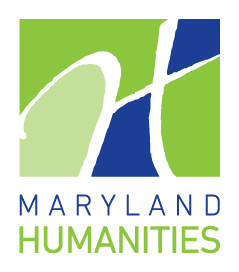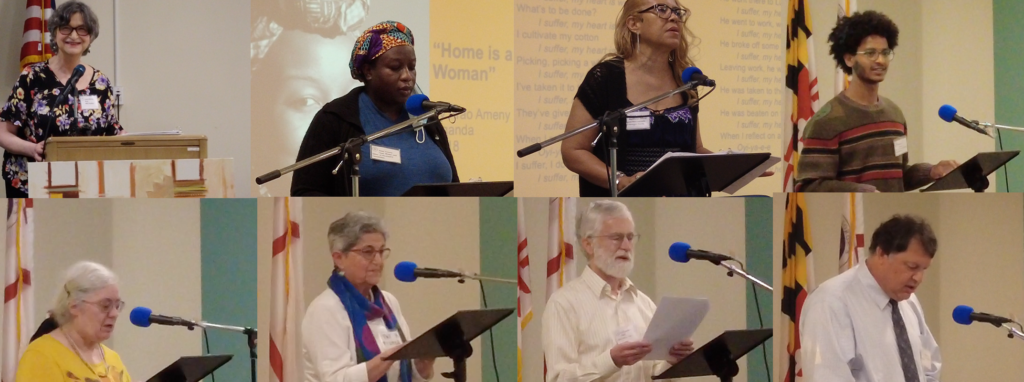

An Exploration of Social Justice Themes in Song and Verse from Africa and the Diaspora
This multilingual program presented by the National Museum of Language, made possible through a grant from the Anacostia Trails Heritage Area, and in collaboration with Howard University, offered a unique opportunity to hear live readings of poetry on social justice themes by historical and contemporary African and Afro-American writers.
The works featured in the program were presented in their original languages and English or Spanish translations. Some program highlights included original poetry written and performed by Howard University students, and rarely heard early poetry of Langston Hughes presented in Spanish translation. A live performance of traditional African drumming was included with the readings and recorded performances of songs based on social justice themes.

